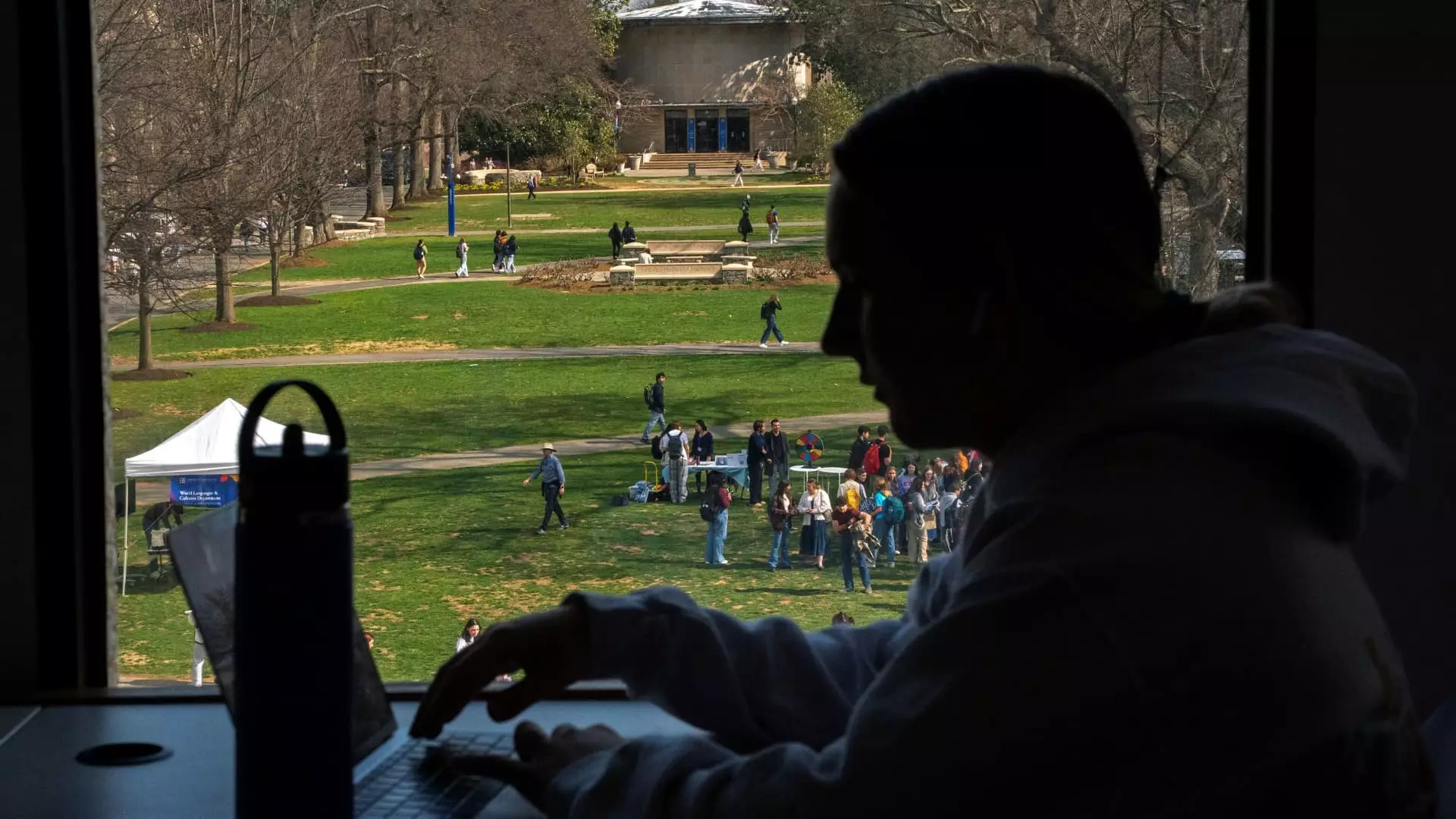In an era where political rhetoric often masks deeper agendas, the Trump administration’s recent move to redefine eligibility criteria for the Public Service Loan Forgiveness (PSLF) program reveals a more troubling pursuit than mere policy adjustments. Under the guise of protecting national security and preventing abuse, the Department of Education aims to selectively limit benefits to borrowers who serve organizations deemed “legally appropriate.” This approach is not just a bureaucratic recalibration; it is a calculated attempt to exert ideological control over who qualifies for programs designed to support those committed to public service. Instead of fostering a fair and transparent system, these proposed rules threaten to politicize a crucial safety net, turning a bipartisan achievement into a weapon that discriminates based on vague, almost arbitrary standards.
A Dangerous Precedent for Nonprofit and Public Employees
The ambiguity surrounding the criteria used to determine an organization’s eligibility could significantly undermine the core purpose of the PSLF. Historically, the program was established to incentivize dedicated individuals across a spectrum of deserving professions—teachers, health workers, nonprofit staff—to serve the public interest without the crippling burden of student debt. Now, however, the administration hints at implementing a litmus test that judges organizations’ integrity based on their political or social stance. This effectively elevates political allegiance or ideological purity over genuine public service, risking marginalizing those who work tirelessly to support marginalized groups such as undocumented immigrants or transgender individuals. It exacerbates a divisive trend, suggesting that service to the nation must align with a specific ideological framework, rather than the noble act of public service itself.
The Chilling Effect on Civic Engagement and Social Justice
By potentially restricting benefits for organizations engaged in socially vital yet politically unpopular work, this policy could stifle civic engagement and social progress. Consider the many nonprofits advocating for marginalized communities— if they are deemed “undermining national security,” then their workers could face job insecurity and financial hardship due to eligibility restrictions. When the government aligns its policies with a narrow, exclusionary vision, it discourages a broad spectrum of citizens from participating in efforts to foster inclusivity and social justice. This is not just about student loans; it is about the message it sends regarding the future direction of civic participation in America. When individuals feel their work might become politically targeting, they may hesitate to dedicate their careers to advocacy and community service, weakening the very fabric of democratic engagement.
The Flimsy Foundation of the Administration’s Justification
Politically motivated policies often lack substantive justification, and this case is no exception. The vague language about “organizations that are undermining national security and American values” provides ample room for subjective interpretation. Without clear definitions, this criterion risks becoming a leaky sieve, capable of excluding organizations based on transient political whims. The danger is compounded by the fact that courts may later challenge these rule changes, but the potential harm to borrowers can be immediate and irreversible, especially for those who depend on forgiveness to make their student debt manageable. Such policies threaten to entrench inequities and erode the principle that public service should be encouraged regardless of political ideology.
The Broader Implication for Social and Educational Equity
Ultimately, this move reveals a broader ideological shift that jeopardizes the fundamental goal of educational and social equity. Student loan forgiveness is designed as a tool to empower citizens working in vital public sectors, often underpaid and underserved. Restricting this support based on nebulous ideological tests prioritizes political loyalty over public good. The impact extends beyond individual borrowers, risking a systemic rollback of efforts to diversify and democratize access to public service careers. This approach, cloaked in national security concerns, conveniently masks a broader effort to suppress dissent and marginalize communities that challenge mainstream narratives.
While the administration claims these regulations serve the interest of national security, a closer look reveals a troubling pattern: the exploitation of bureaucratic rules to wield political power over the lives of those dedicated to public good. As the debate continues and comments are submitted, it is imperative that advocates, policymakers, and citizens remain vigilant against the encroachment of ideological litmus tests that threaten to undermine the principles of fairness, equity, and social justice that should underpin public policy. The fight over the PSLF program is not just about student loans; it is a battle for the soul of American democracy and its commitment to a fair, inclusive society.

